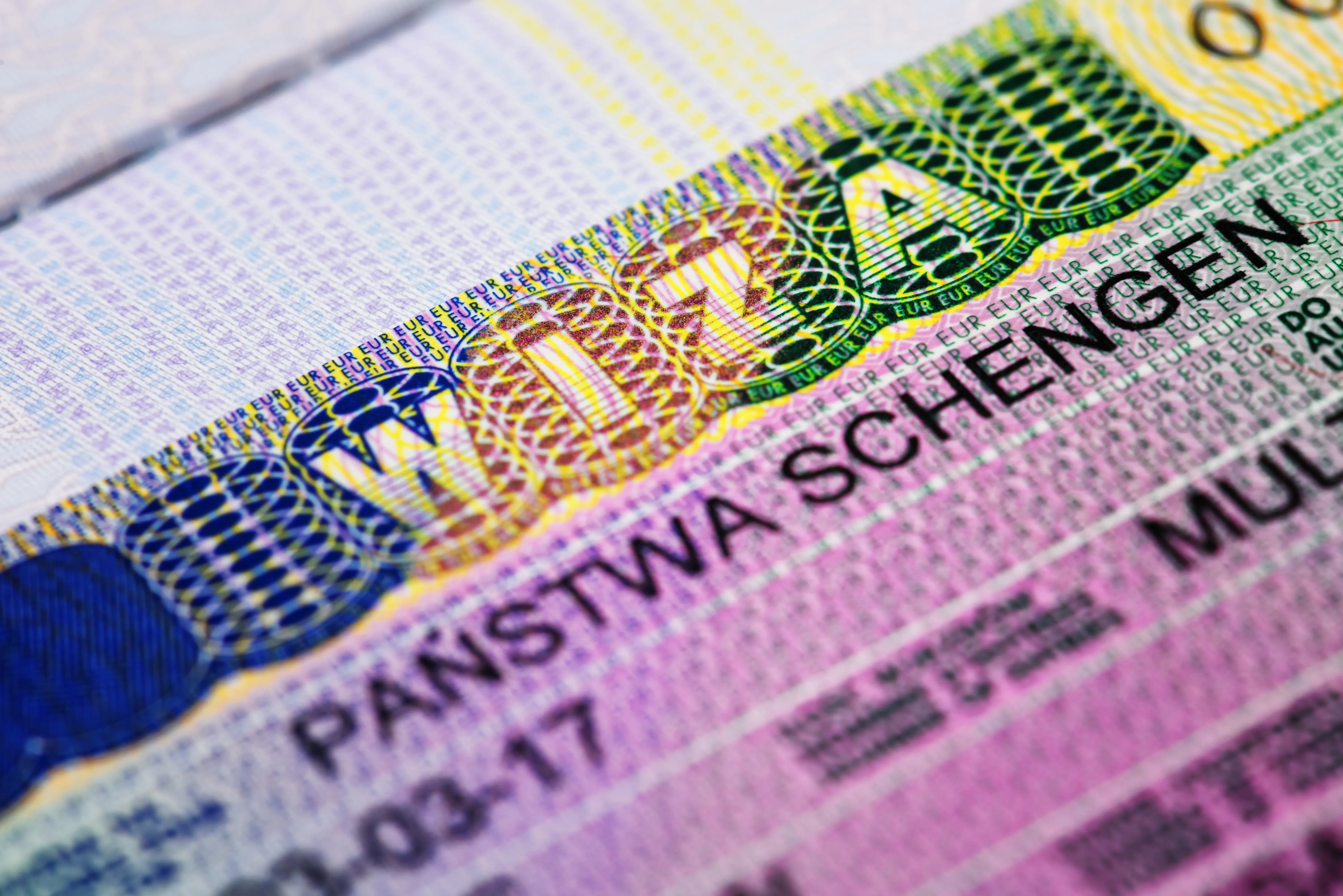

How can I apply for a German work visa?
A German work visa is a residence permit for working in Germany.
A work visa allows you to
- You can live and work anywhere in Germany.
- Take your family to Germany
- Without a visa, travel to other Schengen nations
- After two to three years, become a permanent resident
The process of applying for a work visa in Berlin or your nation is explained in this tutorial.
Who needs a work visa?
A work visa is a type of residence permit. If you are not a citizen or permanent resident of the EU, EEA, or Switzerland, you need a residence permit to live in Germany.
Work visa requirements
To get a work visa, you need…
- A job offer
You must find a job before you apply for the work visa. It can be a short-term or part-time job. It can be a remote job. You must be an employee, not a freelancer. - A fair salary
There is no minimum salary, but you can’t be underpaid. You must earn as much as Germans who have a similar job. Compare your salary - Qualifications for this job
You must know how to do your job. For example, to get a car mechanic job, you must know how to fix cars. Your job can be unrelated to your education. - Permission to do this job
You must have all the permits and special qualifications needed for the job. - For example, doctors, engineers and lawyers need special qualifications. – Find the requirements for your job
If you are not a citizen of Albania, Australia, Bosnia-Herzegovina, Canada, Israel, Japan, Kosovo, Monaco, Montenegro, New Zealand, North Macedonia, San Marino, Serbia, South Korea, the United Kingdom or the United States, you must have…
- Vocational training or a university degree
It would be best if you were trained to do this job. The Agentur für Arbeit must recognise your education or training. It must be equivalent to 2 years of training in Germany. If you have a university degree, try to get a Blue Card; it’s better. Your job can be unrelated to your education.
If you are not a citizen of Australia, Canada, Israel, Japan, Monaco, New Zealand, San Marino, South Korea, the United Kingdom or the United States, you must have…
- An employer in Germany
Your employer must have an office in Germany, even if it’s a remote job.
If you are over 45 years old, you must have…
- A net salary of at least 49,830€ per year
- or a pension plan that guarantees an income after retirement
You do not need to speak German to get a work visa.
Work visa alternatives
If you can’t get a work visa, there are other residence permits that let you work in Germany:
- Blue Card
This is for skilled workers with a university degree or IT specialists without a degree. There is a minimum salary. The Blue Card is better than the work visa: you get it faster and can get permanent residence faster. – How to apply - Working Holiday Visa and Youth Mobility Visa
Young people from certain countries work in Germany for one year. There is no salary requirement, and no education is needed. - Opportunity Card
For looking for work in Germany. It gives you 1 year to find a job. You can work 20 hours a week. To work full-time, you need a work visa or Blue Card. - Job seeker visa
For looking for work in Germany. It gives you 6 to 18 months to find a job. To start working, you need a work visa or a Blue Card. The opportunity card is usually a better option. - Internship visa
For university students. Do an internship in Germany for up to 6 months. - Au pair visa
Work as an au pair. Minimum income: 280€ per month. No education is needed. - Family reunion visa
For spouses and children of German residents. You can work, study or freelance in Germany. No minimum income. No education is needed. - Permanent residence or EU citizenship
You can already live and work in Germany. You don’t need a residence permit.





